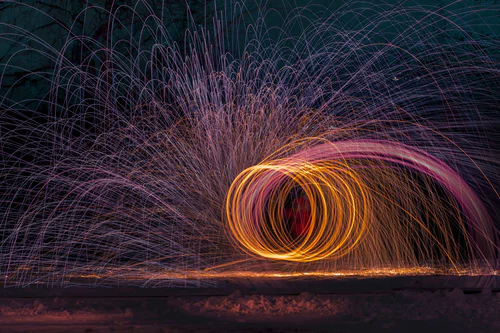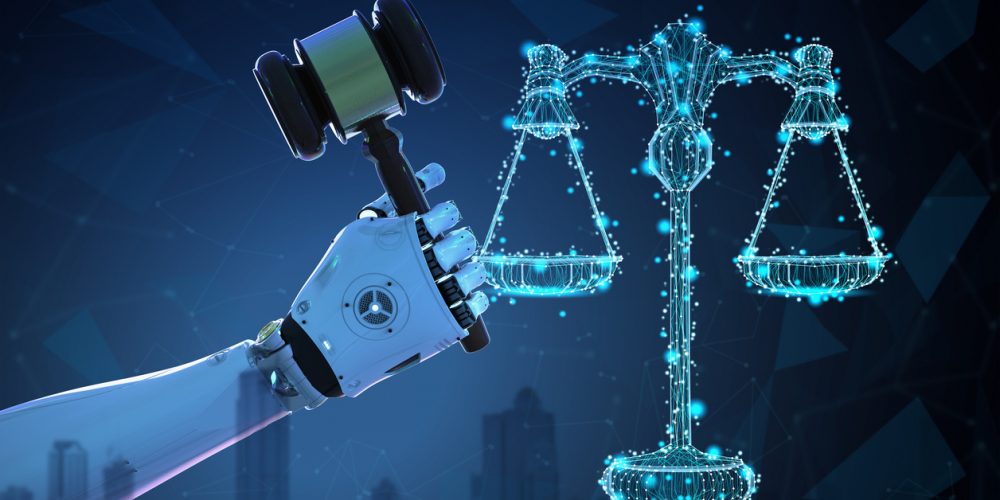
LightOn accelerates AI with optical co-processor
One more price for LightOn. The Parisian start-up received, on July 5th in Paris, the Atos-Joseph Fourier prize in the Artificial Intelligence (AI) category. “A brand, a recognition from an expert in the hardware of the super-computing very involved in artificial intelligence” , welcomes Igor Carron, the CEO of LightOn.
Created at the end of 2015, the young company has already been awarded multiple prizes for its optical co-processor technology, which, according to LightOn, makes it possible to accelerate by a factor eight some calculations for AI while consuming much less energy. as the high-end graphics processors (GPUs) usually used. The secret of LightOn lies in the unique cocktail of skills of its co-founders, three physicists and Igor Carron researchers: optics in the best diffused, image sensors, signal processing, optimization algorithms … Reversing their first work on optimization algorithmic optical imaging systems, they use optics to perform calculations. The principle ? Perform in a flash, via the multiple diffusion’s undergone by the light passing through a diffuse medium – a translucent material.
LightOn has built a first demonstrator, combining conventional processors (CPU and GPU) and its optical computing unit (OPU). This machine is integrated by OVH since last December in one of its data centers “so that the community comes to make calculations there as it does on the machines of Azure or Amazon “. LightOn, which has about ten employees, is currently conducting a second fundraising to increase its machines and clear potential markets.
Innovation:
An optical co-processor capable of accelerating by a factor of eight some calculations for artificial intelligence while consuming much less energy than high-end graphics processors (GPU) usually used.
The opportunity:
The rise of AI, which is very greedy in terms of energy-consuming calculations, will, according to Deloitte, jump to $ 26 billion in 2020 in the AI chips market, a quarter of which would be hybrid chips like this one. from LightOn.



